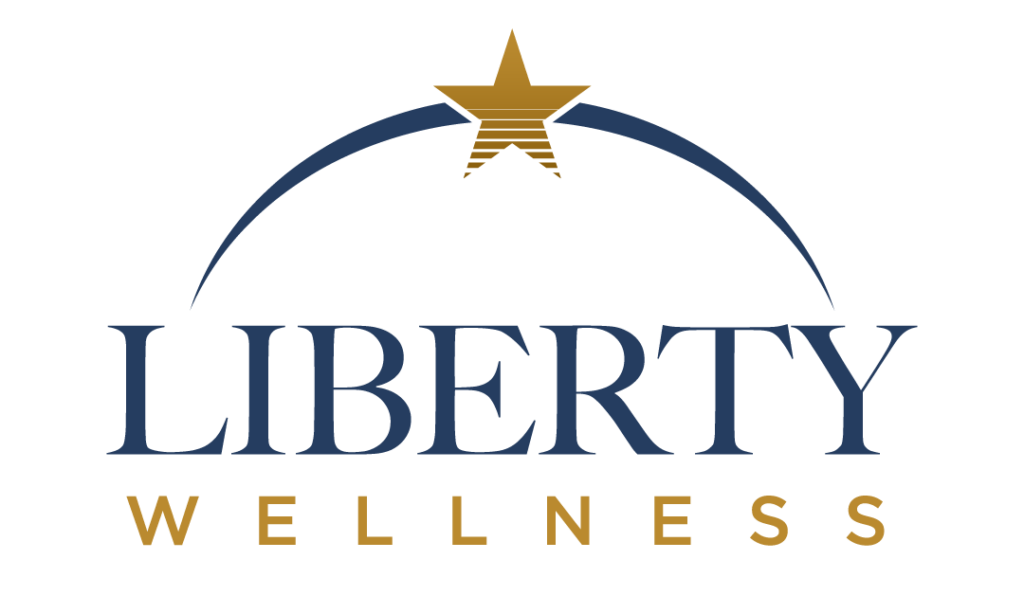While it is a popular party drug and often glamorized in Hollywood movies, cocaine use and abuse have highly damaging effects on the body. The long-term effects of cocaine use are numerous and potentially life-threatening.
Liberty Wellness is a full-service addiction treatment facility designed to support clients through multiple stages of recovery, starting from their first sober hours. By speaking with a wellness counselor today, you can learn more about our transitional programming, dual diagnosis, and family treatment options.
Liberty Wellness is a drug and alcohol rehab center in Berlin, NJ. Contact us today to learn more about our New Jersey addiction treatment options.
How Does Cocaine Affect the Body?
Cocaine is a drug that rushes the system. It creates a euphoric energy that works through the body, increasing blood pressure, heart rate, breathing, and temperature. Cocaine impacts the pleasure sensors in the brain, increasing the effects of pleasurable stimuli. Small doses can increase energy and mental alertness.
Individuals ingest cocaine in one of two primary manners. It can be turned into a liquid and injected into the body, creating an immediate euphoric rush, or it can be found in powder form and snorted or rubbed along the gum line to create a slower, more steady high. Each method has dangerous side effects for individuals who use cocaine to get high.
Additionally, while the effects of cocaine wear off in 30 minutes to an hour, the damage of the drug is long-lasting. This brief high often encourages individuals to take additional drug hits to maintain it. This style of use is called bingeing and like alcohol, bingeing cocaine is potentially more lethal.
Cocaine’s most damaging effect on the body can be sudden death from use. Cocaine has the potential to be deadly with every hit. Individuals are at an equal risk of overdose with every dose based on how the drug impacts the body and how it interacts with the system.
What Are the Signs of Cocaine Use?
Individuals who use cocaine may have dramatically different moods when they are using it and when they are not. An individual on a cocaine high will often be “blissed-out” and seeking other pleasures. They may be hyper-focused and spontaneously reactive, responding to stimuli without considering the potential risks or dangers. Cocaine use-related injuries and accidents are common in every state across the country.
Individuals who are cocaine users but not currently high or crashing after a high may be depressed or move at a more sluggish rate. They may have difficulty processing and experience post-traumatic stress disorder from risky behaviors or incidences that occurred while they were high on cocaine. Individuals that snort cocaine might have frequent nose bleeds, and those that rub cocaine on their gums can also experience bleeding around the teeth and blackening or decay of the teeth. Those who inject cocaine will have needle mark puncture wounds and bruising on the fingers, elbow joints, between the toes, or other less noticeable locations.
What Are the Long-Term Effects of Cocaine Use?
The long-term effects of cocaine use are ugly. The effects include addiction, changes in personality, infections, and increased risk of movement disorders and bloodborne diseases.
Addiction to cocaine puts an individual at constant risk of death from overdose. It can also increase the risk of detrimental side effects of cocaine use, like paranoia, hallucinations, and psychotic breaks from reality.
Cocaine use can also lead to permanent changes in personality and mood, including the development of bipolar disorder and schizophrenia related to substance abuse.
Individuals who abuse cocaine are also at an increased risk of developing nose, mouth, skin, and lung infections. They are also at a higher risk for acquiring HIV, hepatitis c, and other bloodborne diseases from needle sharing or unprotected sex.
Lastly, movement-related disorders like Parkinson’s are related to long-term cocaine use and are incurable, even if the individual stops using.
How to Find a Cocaine Rehab in New Jersey
If you or a loved one are experiencing signs of cocaine abuse, contact Liberty Wellness today. Our New Jersey outpatient rehab treatment facility is designed to support clients through the challenges of recovery from cocaine abuse and the long-term struggles it can create for individuals. Our holistic treatment program supports individuals through every step of recovery and can help change their mental and physical health trajectories.
Learn more about recovery and the effects of cocaine abuse at Liberty Wellness.




